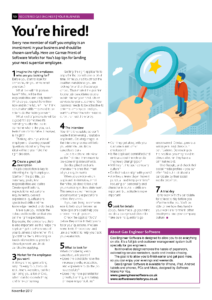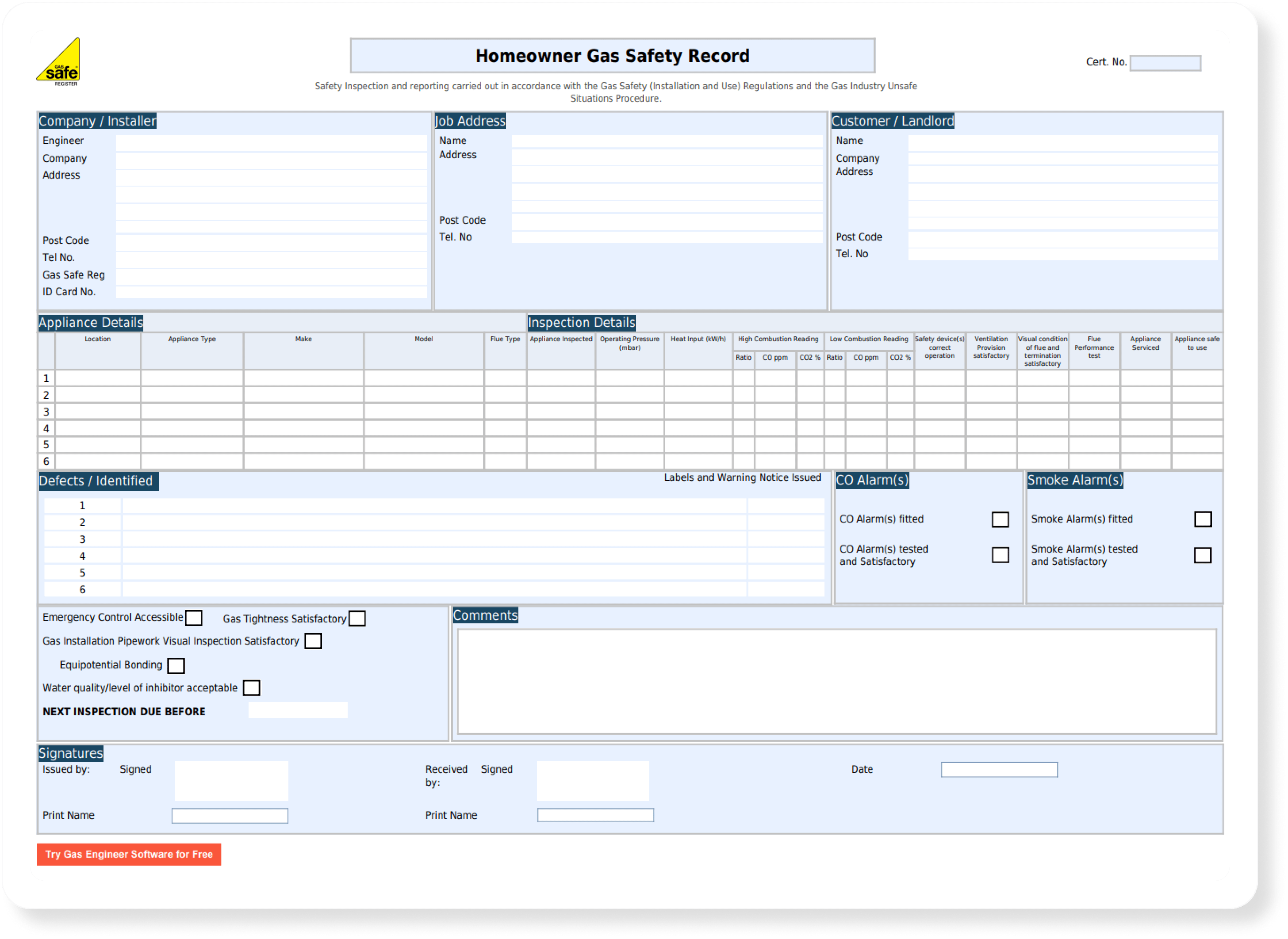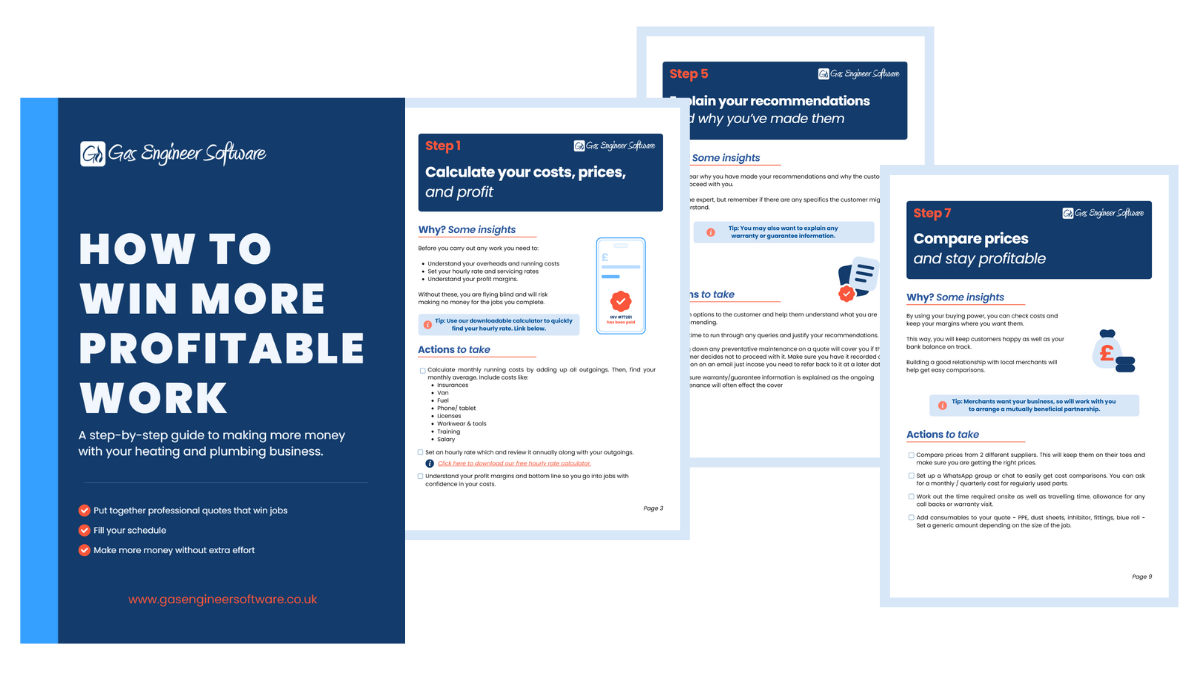7 Tips to Help You Land Your Next Superstar Employee

You Are Hired!
Behind every successful business, there is always a great team!
The team can either make or break a business. Every new staff you employ is an investment to the business and needs to be carefully chosen.
Employing someone is easy, but it is difficult to get out of a wrong hire.
It is costly, takes time, takes energy, and affects the whole team.
How can we make sure we find that star employee as soon as possible, for every time we need it, rather than waste time, money, or training on the wrong person?
Follow these seven tips to help you find your next star employee.
We hope they help you as much as they’ve helped us!
1. Imagine the Right Employee: Who are you looking for?
Before you start to look for someone, do you know what you want?
- What role will this person have?
- What will be their responsibilities and daily tasks?
- What do you expect from them now and in the future?
- Then think about what skills they need, to be able to do the tasks you want.
- What kind of personality will be a good fit?
Sometimes it’s tempting to offer the job to someone who is most like you, as it would feel more comfortable. However, is it right?
- Who would suit this role the best?
- An inward person or outward person?
- Are you looking for someone left-brained or right-brained?
- Do you need someone more analytical or creative?
- Do you need someone blunt, direct, driven, competitive, make decisions, and results-oriented?
- Or do you need someone outgoing, talkative, persuasive, and people-oriented?
- Or do you need someone team-orientated, step-by-step, and risk-adverse?
- Or do you need someone task-oriented, very detailed, never thinks about shortcuts, and needs to know all ins and outs of the task before starting?
Thinking about your ideal employee and asking yourself questions about why they are ideal will help you make the right decision.
2. Create a Great Job Description
The job description is key to attracting the right employee.
First, start with the job title, job summary, goals, key responsibilities, and duties.
Second, create specifications, expectations, educational requirements, desired experience, qualifications, specialised skills and the knowledge needed to do the job.
Make sure you include the salary and benefits so that you set the right expectations.
Expressing the company culture is also important, as this helps the applicant get a better sense of your business and whether it’s a good fit for them.
Providing as much information as possible should prevent unsuitable candidates applying.
3. Market for the Employees You Want
A little planning goes a long way.
It’s easy to put ads on recruitment websites, but this can bring you a ton of CVs, which can be overwhelming and time-consuming.
Getting the right applicants to apply for the job will save a lot of time.
Write your ad to attract the qualified candidates you are looking for and to discourage others. Then market the position to your job candidates as you would market your products or services to your customers.
A targeted and planned marketing strategy would be the most efficient one.
Think about where you could find those superstar employees.
Rather than going for all the traditional methods, could social media help?
Lots of companies list job openings on social media these days.
What makes your company a great choice for the candidates?
Your business needs to be attractive to potential employees, and you want to attract them for reasons other than just the money.
4. The Interview Process
Your time is valuable, so don’t waste it interviewing unsuitable applicants.
Creating stages in the interview process will help you eliminate unsuited candidates early.
Use a telephone interview as the first step, then move to pre-screening assessments.
Some candidates might look great on paper, but pre-screening potential candidates will tell they are genuine.
Be disciplined and only interview the ones that meet all your requirements.
When you decide which applicants to interview, email them the job description and your company culture statement. This sends a clear message about company expectations before they arrive.
If you can, bring in someone else to help you interview, as more opinions could help you choose the right person.
**Preparing for the Interview:
** Check the applicant’s CV before they arrive. This will help you to tailor your questions.
Know what you want to ask because asking the right questions is the most important part of the interview.
Prepare some tests if necessary.
Have a checklist to help you track your evaluation and find the right candidate.
**During the Interview:
** Make the applicant feel comfortable and relaxed with pleasant conversation to learn as much about them and let them express themselves openly.
Try to get down to the issues they had with previous employers.
Testing, learning and analytical skills will help to understand If their CV reflects the right information.
5. What to Look for From Candidates?
When considering each candidate, ask yourself:
- Does the candidate have the necessary skills, education, and experience to do the job successfully?
- Does he/she have a potential for growth, learning, and taking on more responsibilities?
- Can they get along with your customers and other employees?
- Is the applicant committed and serious about the role or do they keep changing job?
- Will the candidate fit into your company culture?
- Do their values align with yours?
- Are they a team player, honest, punctual, and keep promises?Focusing on personality and character is crucial.Skills are important, but attitude is more important. If they had the best skills but a bad attitude, they are not good for your business.Skills can be learnt if a person has the right attitude and willingness.
6. Look for Details
At this stage, you probably made up your mind, but doing a background check is important to ensure no questions go unanswered about each candidate.
Contact previous employers, and check the certifications they have, which are most important.
But depending on the position, checking the criminal record of the applicant could also be useful.
Use Google, and check their social media profiles. You would be surprised how much you can find out about the candidate by searching their social media presence.
7. Try it Before You Buy it! The Trial Day
Try to work with the candidate for at least a day before you offer them the job.
You will be able to see how they handle your work environment, other employees, and the company culture.
Before making the job offer, make sure the candidate is clear and satisfied with the offer. If they aren’t satisfied, you might end up with an under-performing employee who feels unappreciated.
It is not always possible to get it right.
When you know that you got it wrong, you need to act quick.
There is one big lesson we have learnt over the years about employing people: Hire slow, fire fast!
Note: This Article was Originally Published in Registered Gas Engineer Magazine – Issue 104, November 2017




